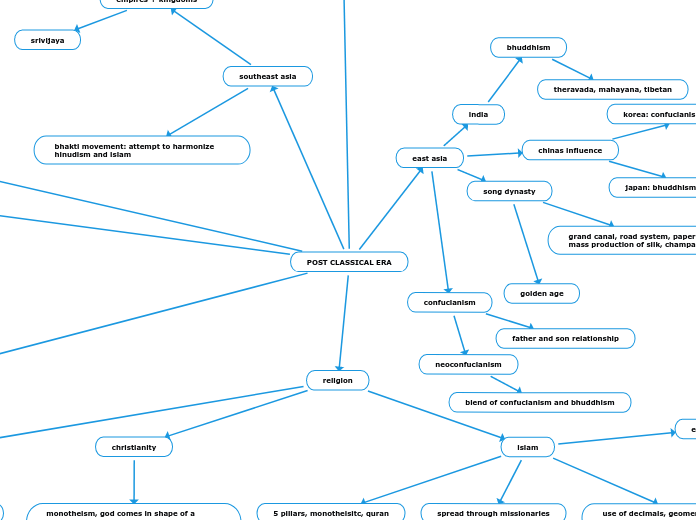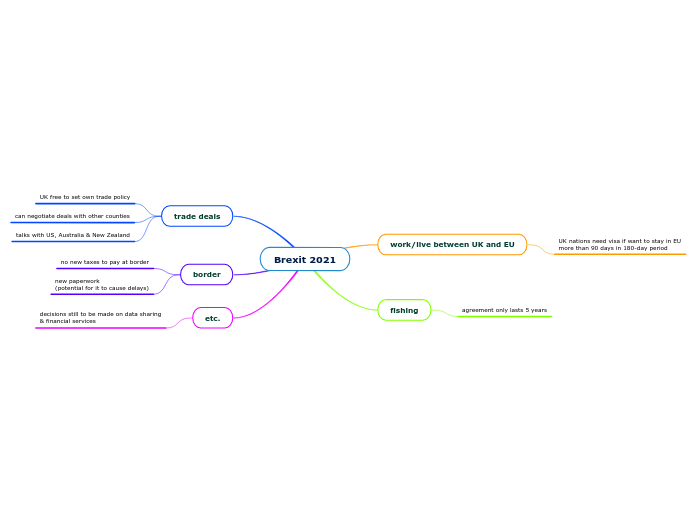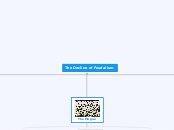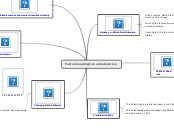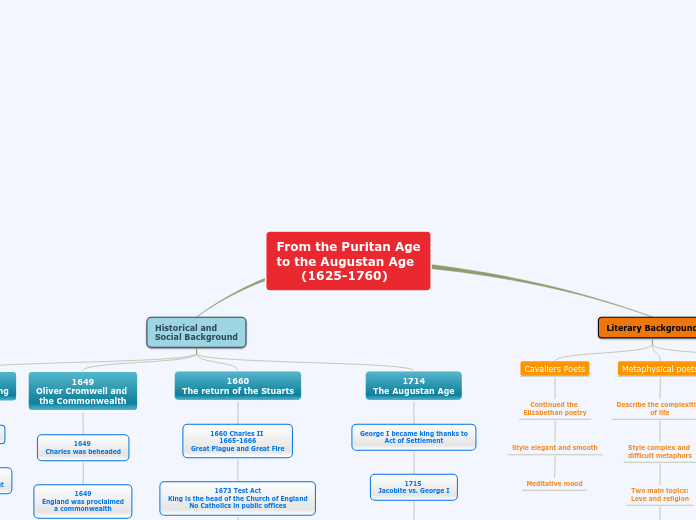por Fadilah Mohiuddin hace 4 años
401
POST CLASSICAL ERA
During the Post-Classical Era, various regions exhibited significant social, economic, and cultural developments. Southeast Asia saw the Bhakti movement, which aimed to reconcile Hindu and Islamic traditions.
